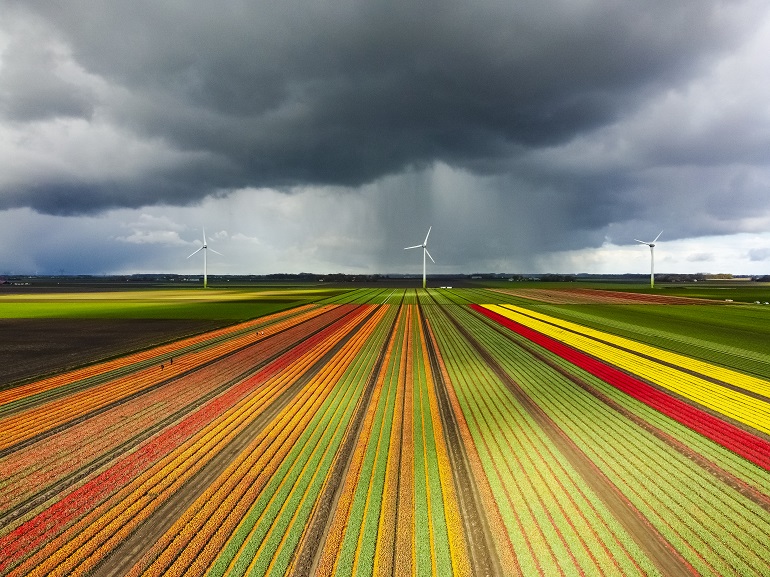What is Sustainable Agriculture?

This post is also available in:
This post is also available in:
![]() Español (Spanish)
Español (Spanish) ![]() Français (French)
Français (French) ![]() Deutsch (German)
Deutsch (German) ![]() Nederlands (Dutch)
Nederlands (Dutch) ![]() हिन्दी (Hindi)
हिन्दी (Hindi) ![]() العربية (Arabic)
العربية (Arabic) ![]() Türkçe (Turkish)
Türkçe (Turkish) ![]() 简体中文 (Chinese (Simplified))
简体中文 (Chinese (Simplified)) ![]() Русский (Russian)
Русский (Russian) ![]() Italiano (Italian)
Italiano (Italian) ![]() Ελληνικά (Greek)
Ελληνικά (Greek) ![]() Português (Portuguese (Brazil))
Português (Portuguese (Brazil)) ![]() Tiếng Việt (Vietnamese)
Tiếng Việt (Vietnamese) ![]() Indonesia (Indonesian)
Indonesia (Indonesian) ![]() 한국어 (Korean)
한국어 (Korean) ![]() polski (Polish)
polski (Polish)
What is Sustainable Farming?
Sustainable Agriculture is a philosophy and a set of practices that all together satisfy three different conditions:
- Respecting Environment and Protecting Natural Resources
- Securing a Fair and Adequate Income for Farmers today
- Not compromising the ability of the Next Generations to live on Agriculture and have a Fair and Adequate Income in the future as well.
There are thousands of examples and different aspects of Sustainable Agriculture. As a general philosophy, embracing Sustainable Agriculture means that you can produce an adequate yield in a specific crop but at the same time not pollute the environment (soil, air, water), not deplete any natural resource and not disrupt the ecosystem and biodiversity with your actions. Building healthy soil for years to come, recycling, minimizing waste of all kinds, and rationalizing use of water resources are also principles of Sustainable Farming.
Example: Spraying with a broad spectrum herbicide without knowing the consequences is not a method compatible with Sustainable Agriculture because you will kill instantly a lot of different species of plants and insects. At the same time, most of them might not be dangerous for your crop. On the other hand, Crop Rotation has been found to enhance soil, suppress weeds, and reduce weed population. Thus, Crop Rotation is a method that seeks the same result as the previous method (spraying with a broad-spectrum herbicide) but is compatible with Sustainable Farming because it respects the environment and promotes biodiversity.
What is the biggest deterrent to establishing sustainable agriculture?
The biggest obstacle to establishing Sustainable Agriculture is the lack of education, and the second biggest is the lack of capital on behalf of the Farmers. On the one hand, farmers may not know the consequences of not establishing Sustainable Farming, so they keep applying the old traditional methods that degrade natural resources and pollute the environment. On the other hand, some others may not be able to apply Sustainable Agriculture practices due to a lack of capital. Establishing Sustainable Agriculture methods requires thousands of small steps that all together will take the farmer to the next level in 3-4 years. However, some farmers cannot wait that long and rely solely on this year’s income.
For example, when a farmer sees that a dangerous weed has appeared inside the crop and competes heavily with plants, it is much easier to spray immediately with a broad-spectrum herbicide to save this year’s crop rather than designing a strategy to suppress weeds gradually through Sustainable Agriculture practices. Governments, Institutions, and Policy Makers are responsible for forming a realistic plan to invest in training, subsidize the production, and encourage Farmers that embrace Sustainable Agriculture Practices. The general public can also reward Sustainable Agricultural Practices by shifting consumer behavior, showing a clear preference for producers that apply Sustainable Agriculture practices.








































































